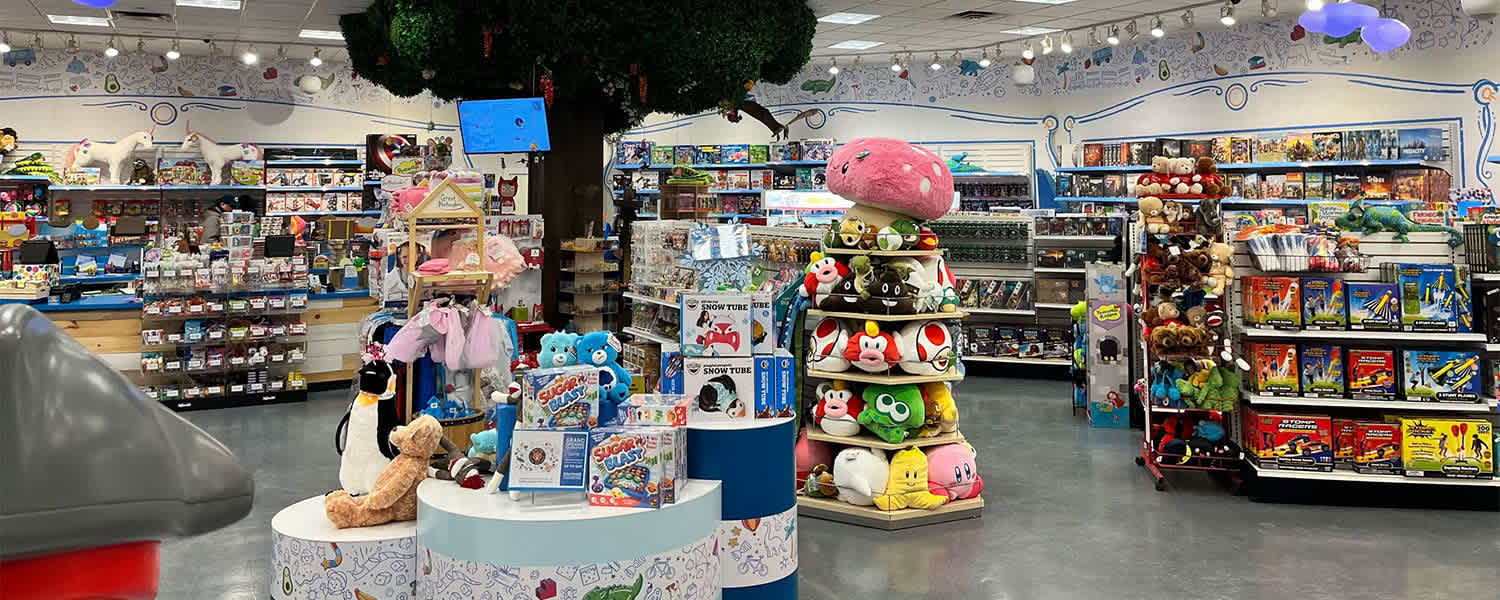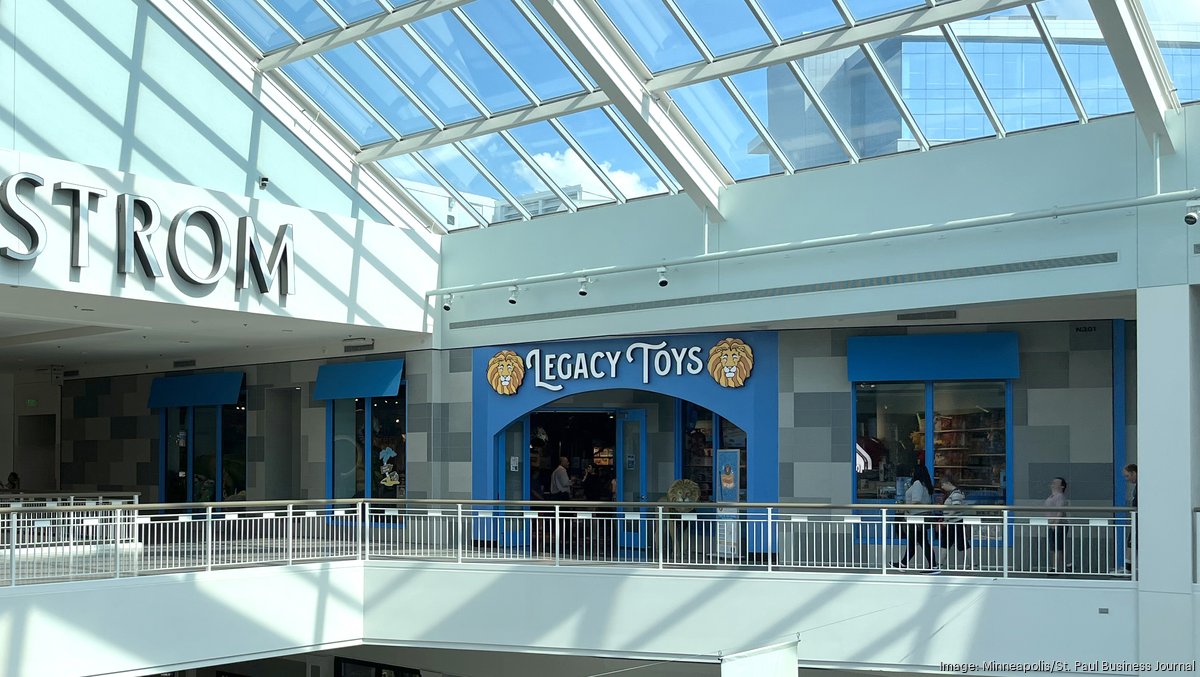- Financial Pressures Mount
- Legal Battles and Store Closures
- Industry-Wide Challenges
Legacy Toys, a Minnesota-based specialty toy retailer known for promoting creative play over video games, filed for Chapter 11 bankruptcy protection Thursday in federal court, marking the latest casualty in an industry increasingly dominated by big-box retailers and online giants.
The five-store chain, which launched in 2012 with a mission to "help nurture future leaders, inventors and creative thinkers," filed under Subchapter V of Chapter 11, designed for small business debtors. The bankruptcy filing reveals assets of $500,000 to $1 million against liabilities of $1 million to $10 million, with between 50 and 99 creditors.

Legacy Toys' principal creditors include Bremer Bank with secured claims of approximately $480,000 and Shopify Inc. with $197,000 in secured claims1. The company also owes money to major toy manufacturers including Spin Master, Mattel, and Melissa & Doug1. Many of the largest debts are owed to landlords, including Simon Property Group and Miracle Mile LLC1.
The company operates from its main location at Southdale Center in Edina, Minnesota, along with four other brick-and-mortar stores and a website1. All locations appear to be operating normally, with no mention of the bankruptcy filing on the Legacy Toys homepage1.
Legacy Toys has faced mounting legal challenges over the past year. The Mall of America filed multiple lawsuits against the company, including a July 2024 eviction suit alleging $239,453 in unpaid rent1. The mall also sued over a lease violation, claiming Legacy Toys breached an agreement by opening a store in Edina's Southdale Center within five miles of the mall1.
In March 2025, the company closed its Rochester store in the Miracle Mile Shopping Center after operating for only about 18 months2. Peter Coppin, Legacy Toys' Chief Operating Officer, confirmed the closure but said an official statement would be released later2.
The toy retail sector has struggled against competition from major retailers like Walmart and Target, which use toys as loss leaders while making profits on other merchandise1. The rise of online sales, now representing about 13.7% of the toy market, has particularly challenged traditional brick-and-mortar toy stores2.
Legacy Toys owner Brad Ruoho told the Minneapolis/St. Paul Business Journal in 2024 that inflation had increased costs while consumers expected prices to remain stable3. "Rochester was always on our radar because it's a wonderful community that deserves an excellent toy store," Ruoho said when the now-closed Rochester location opened in 20234.






